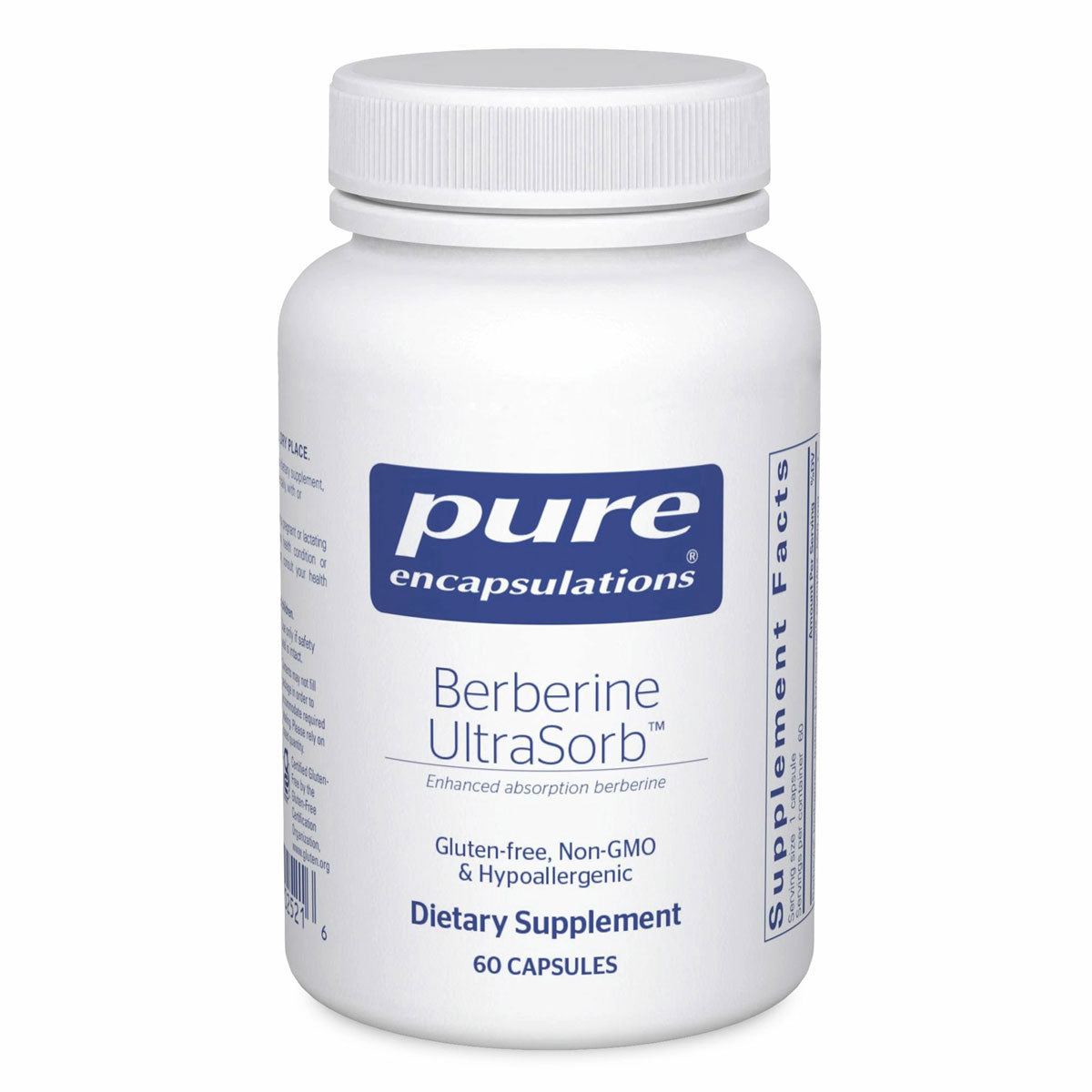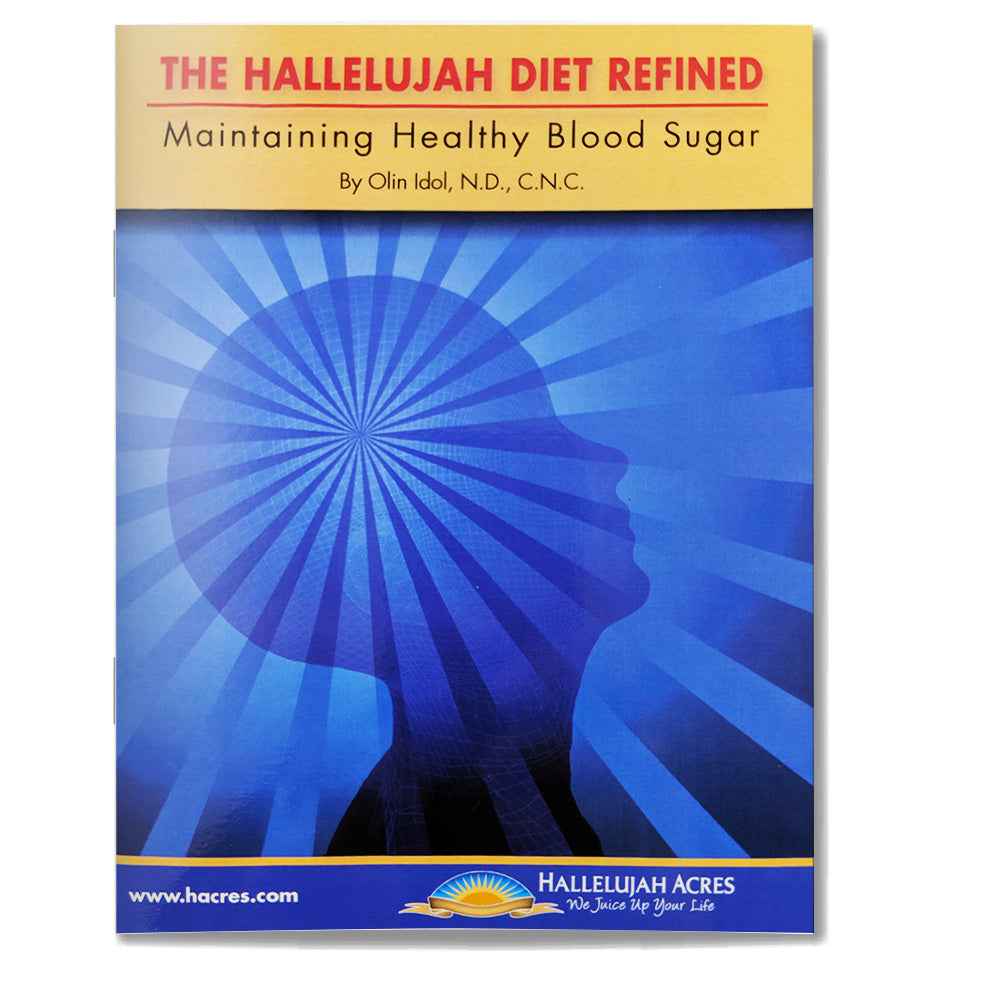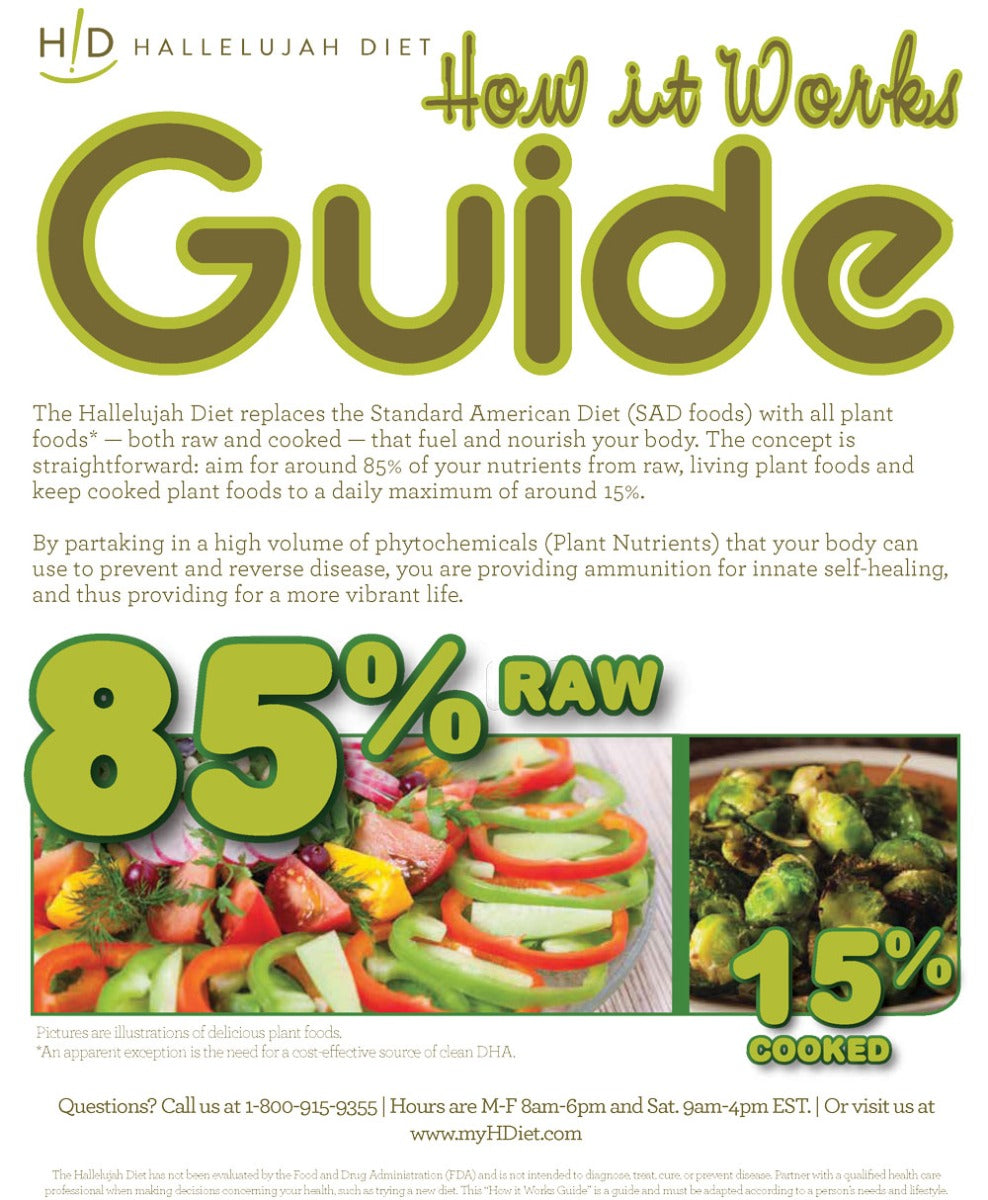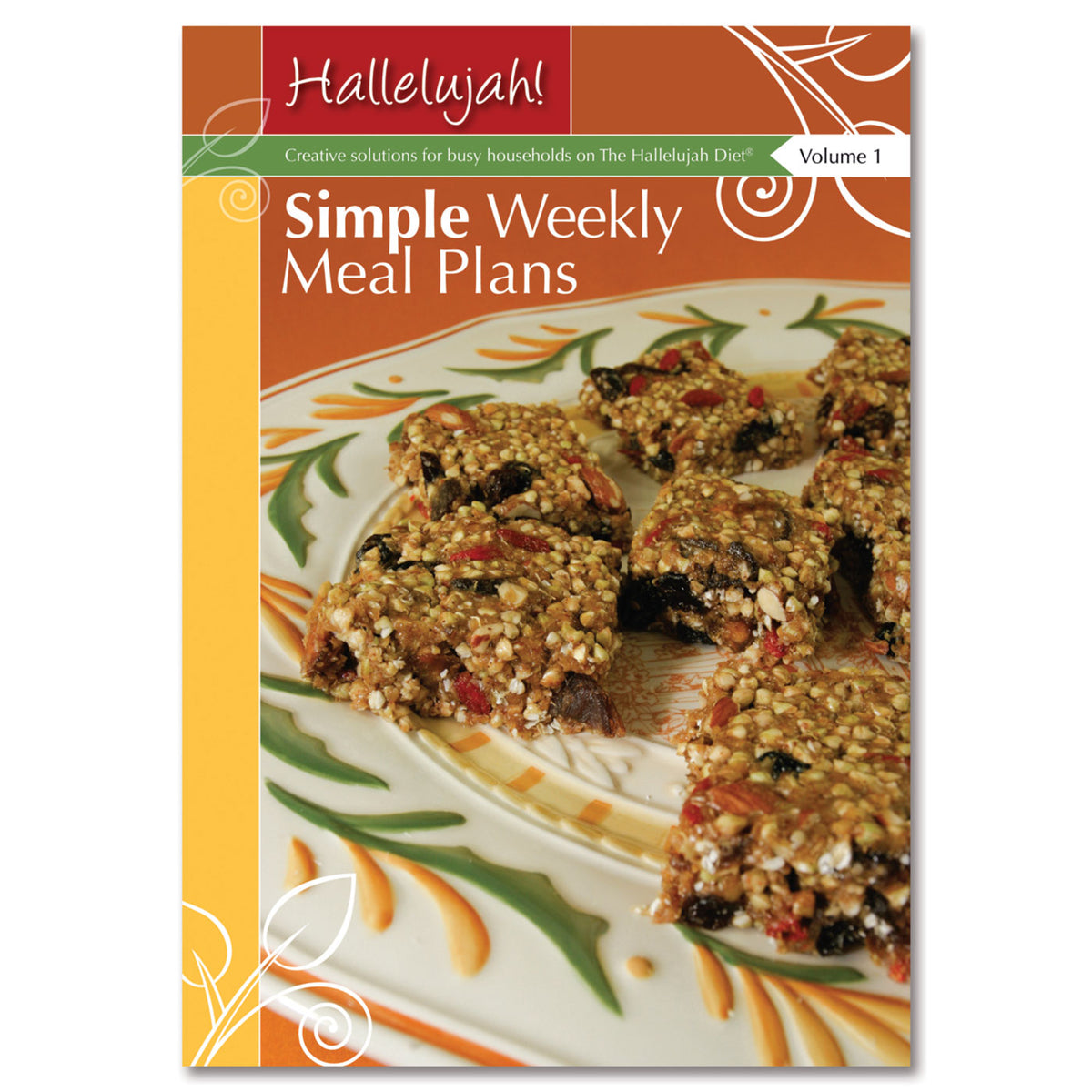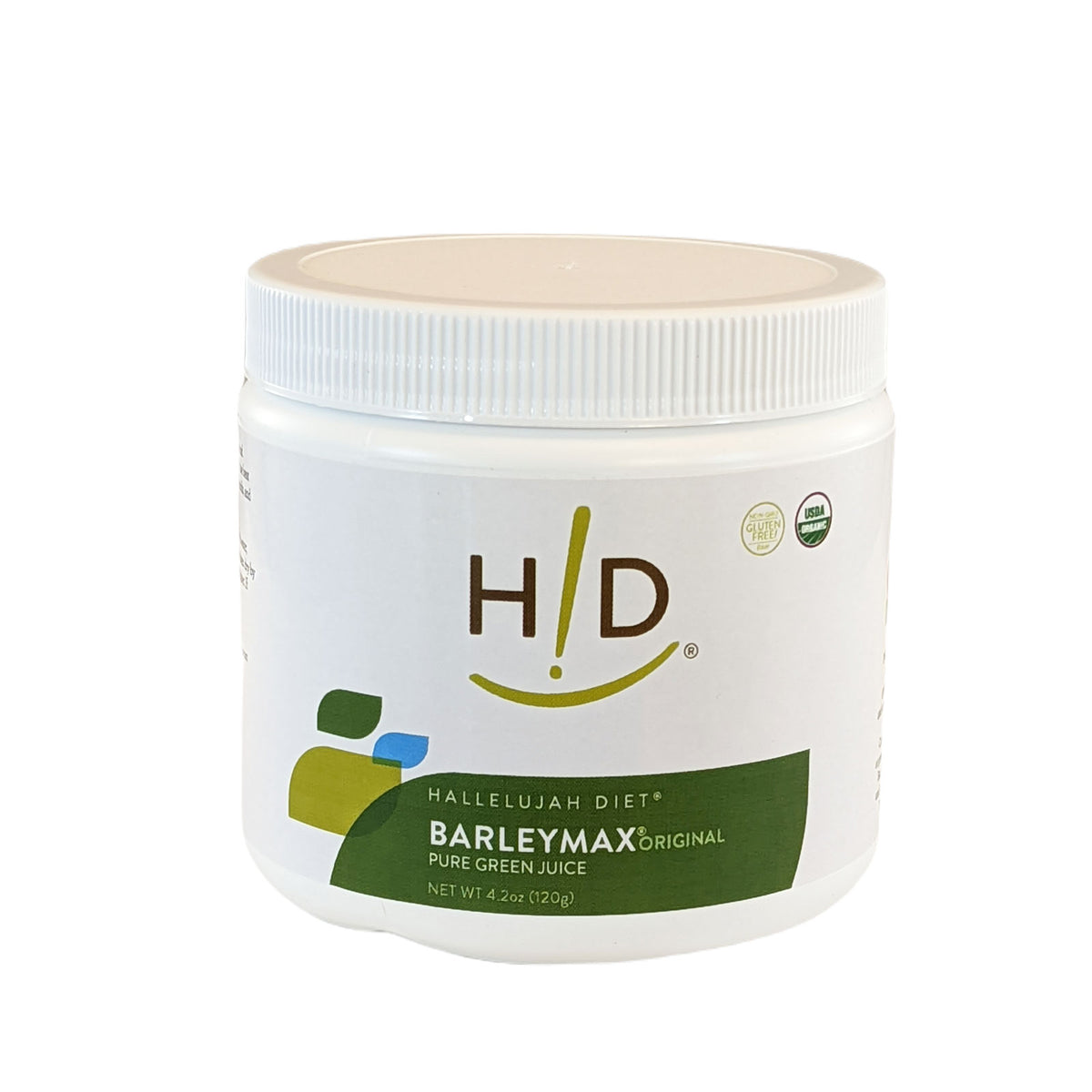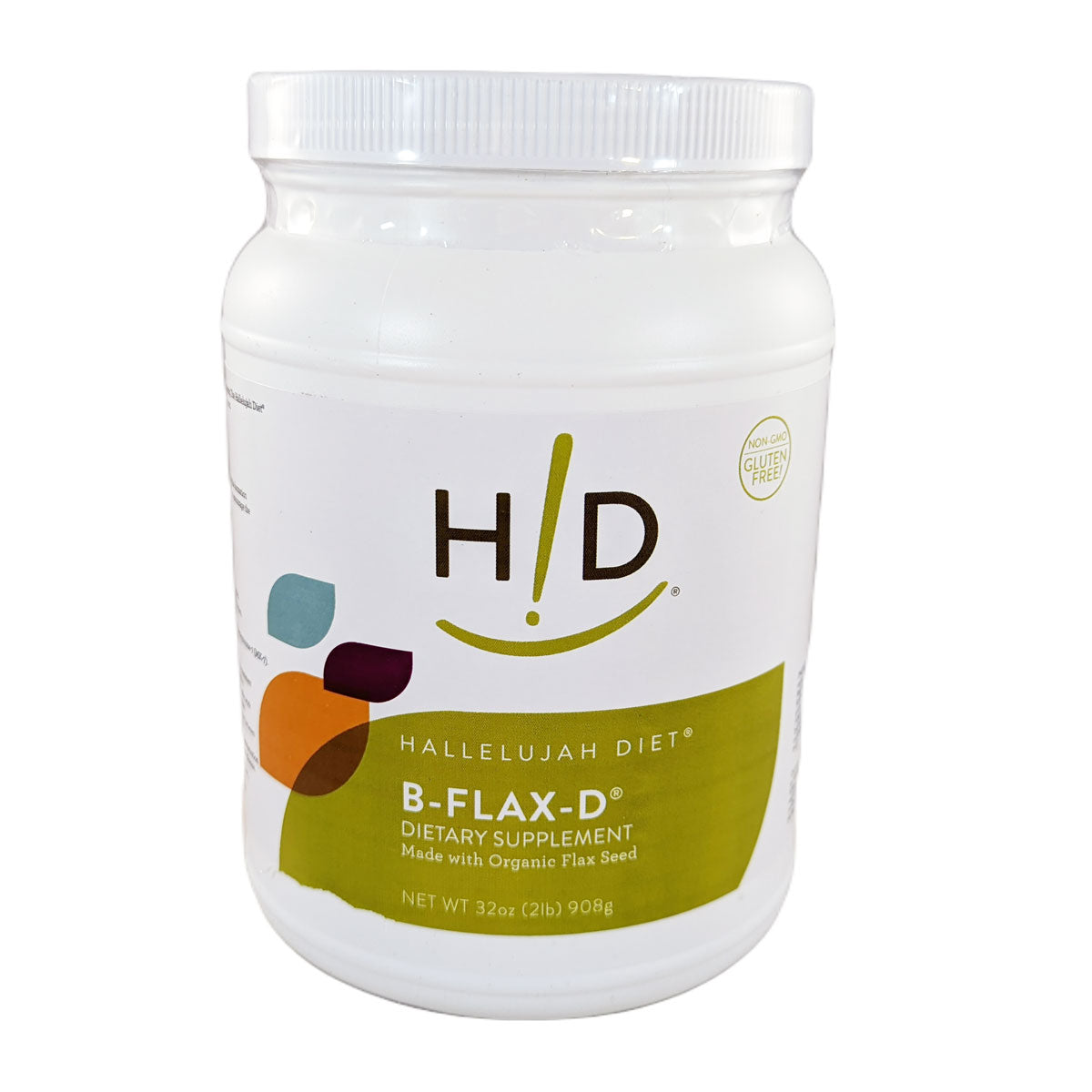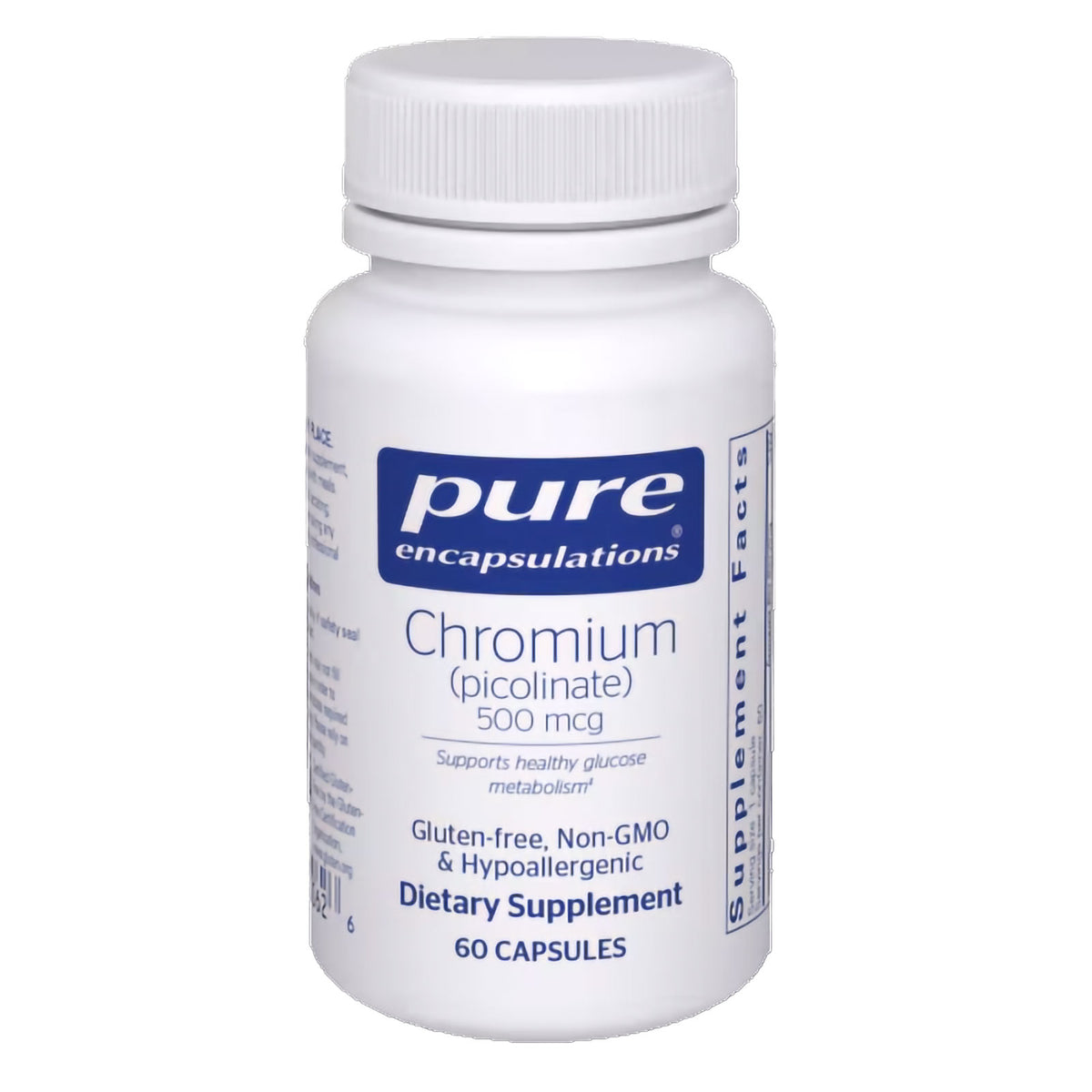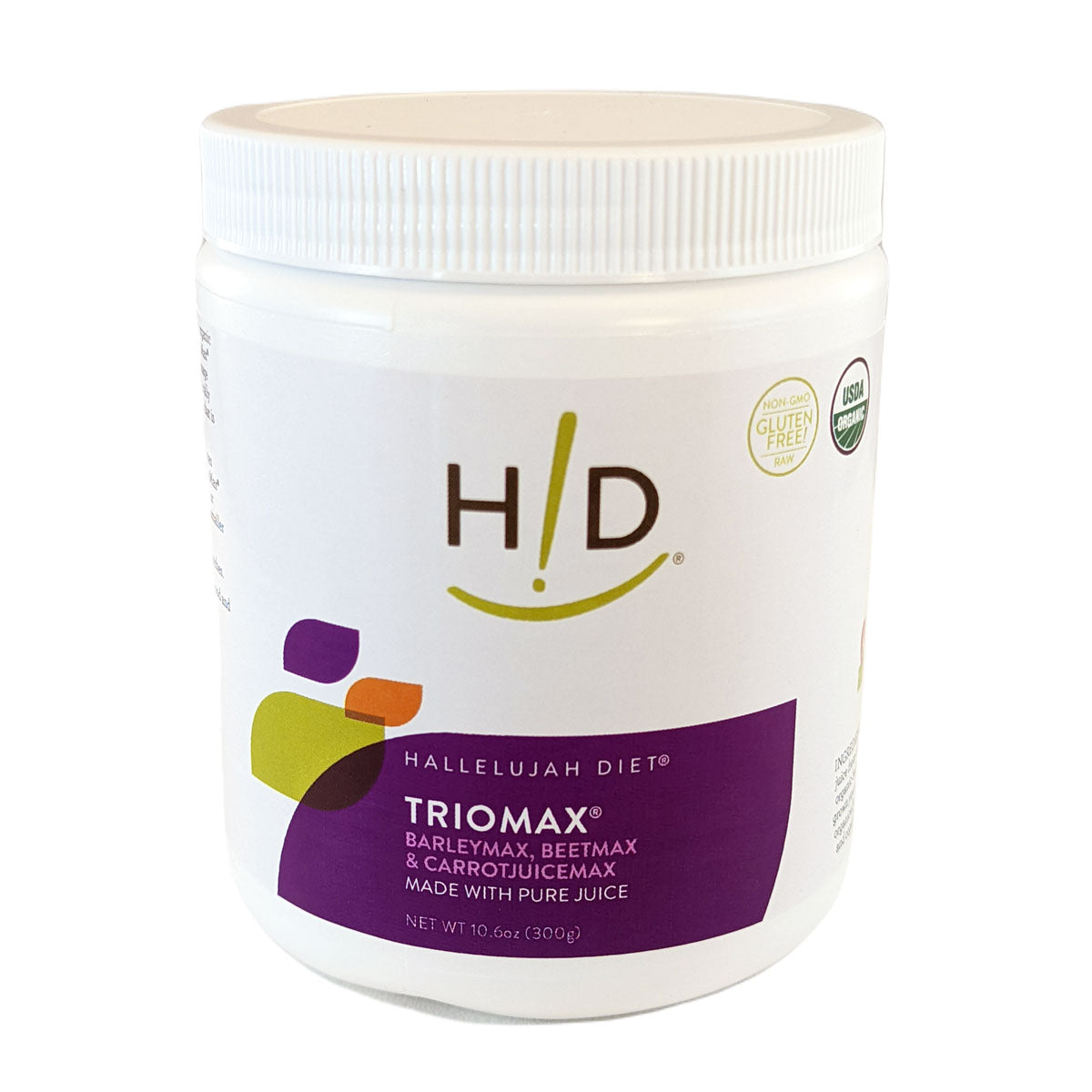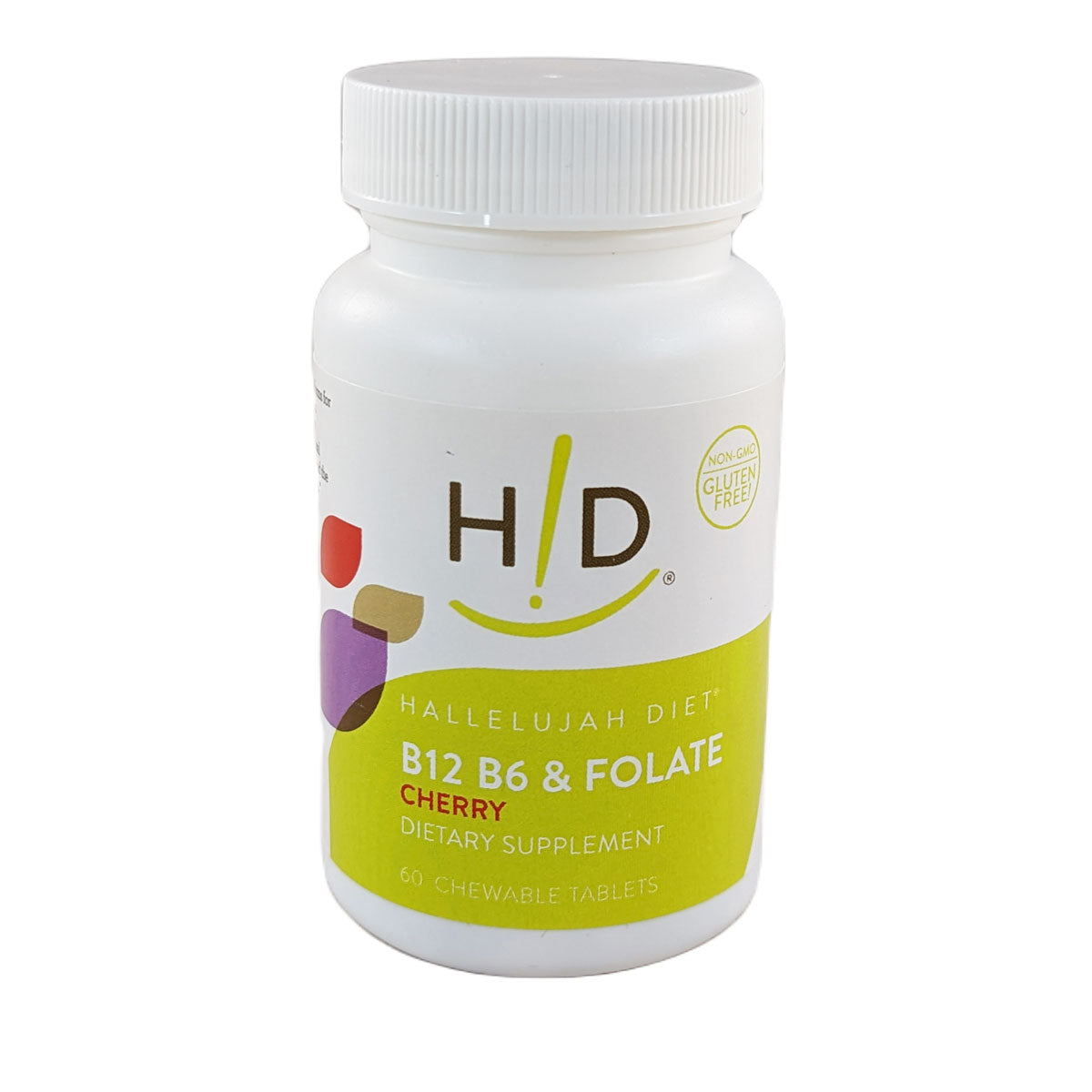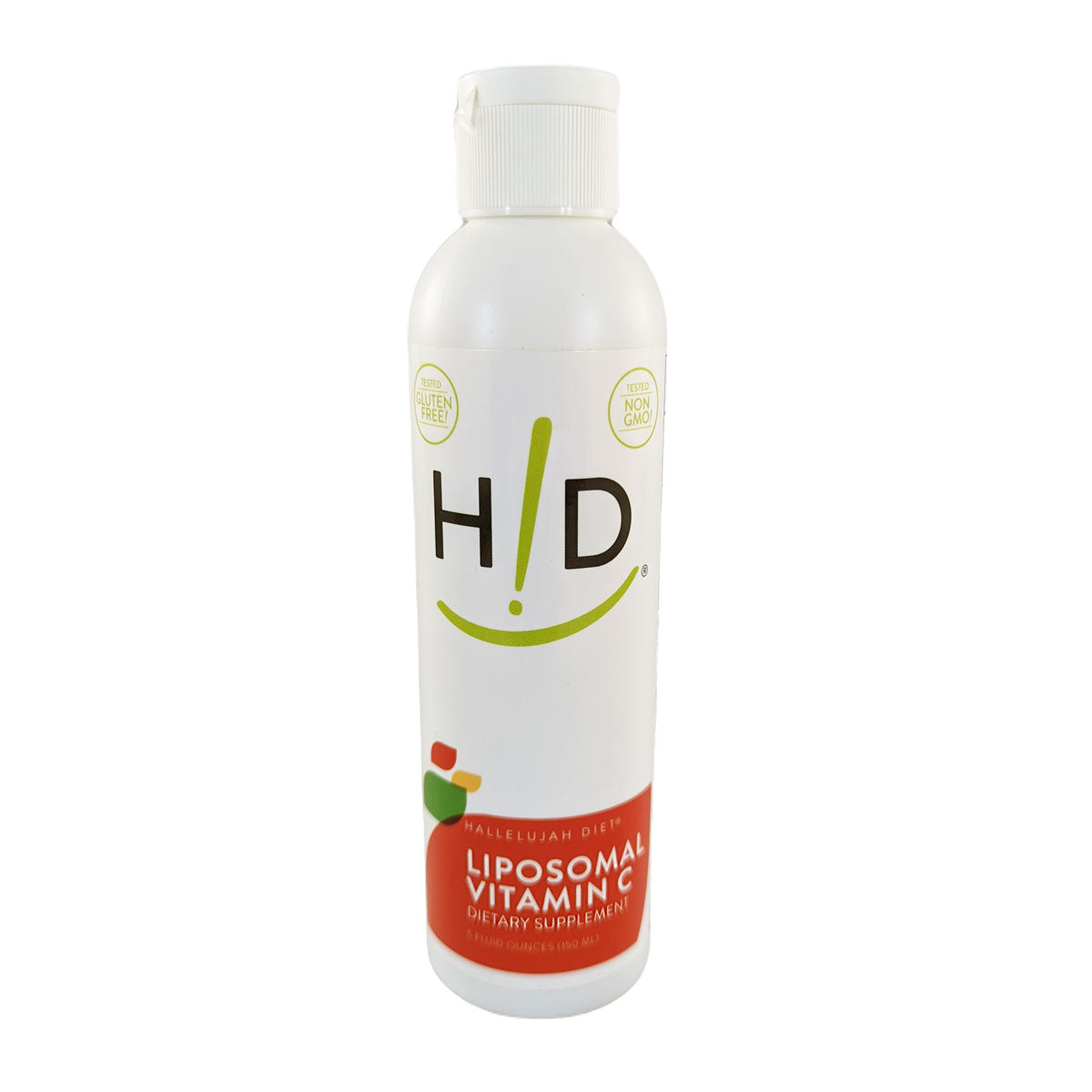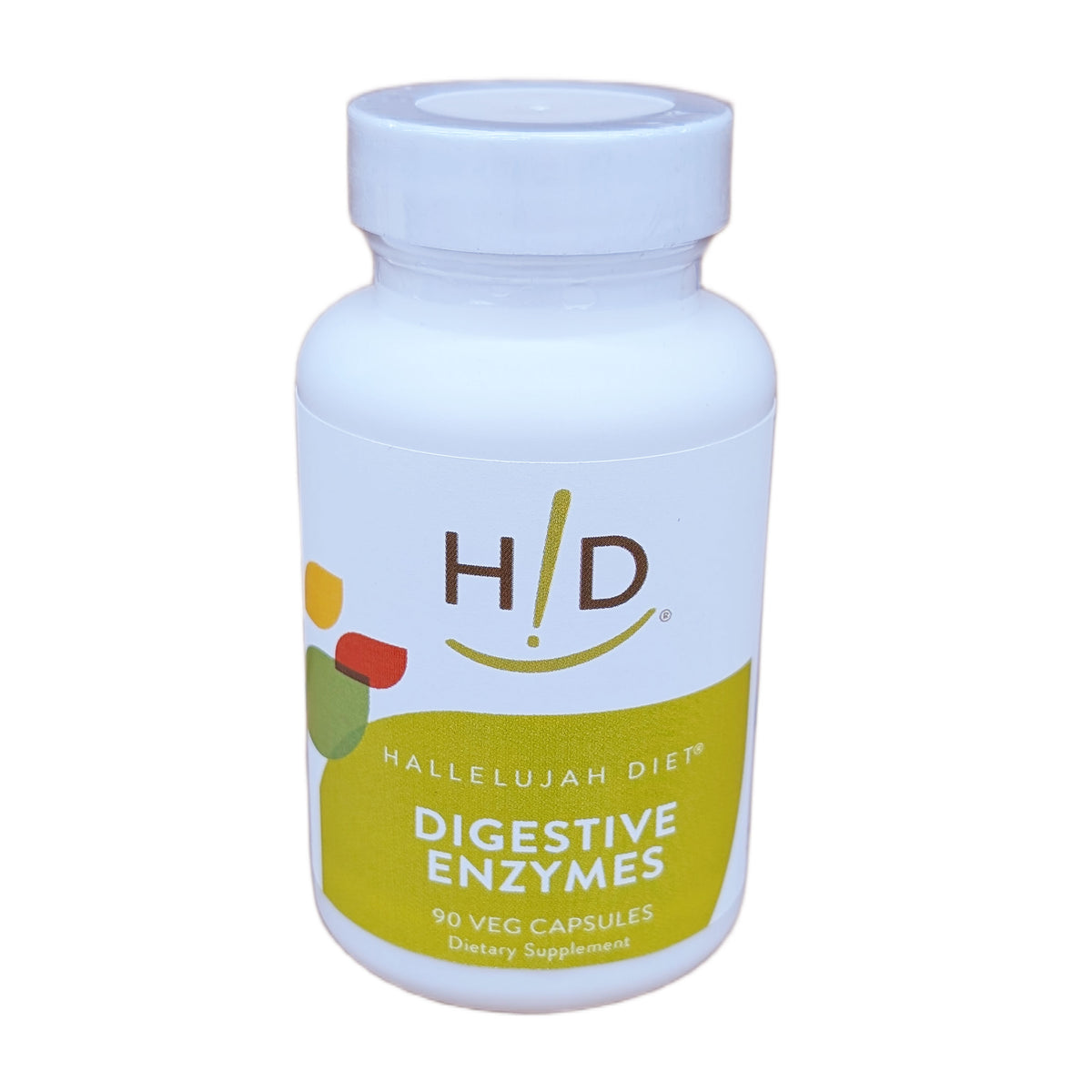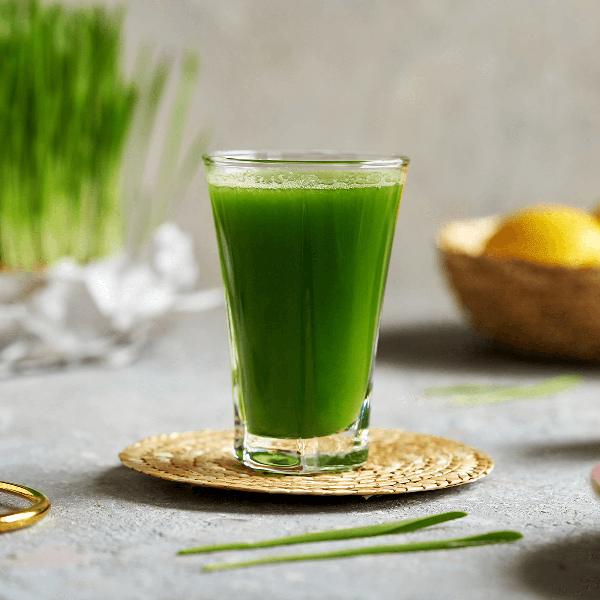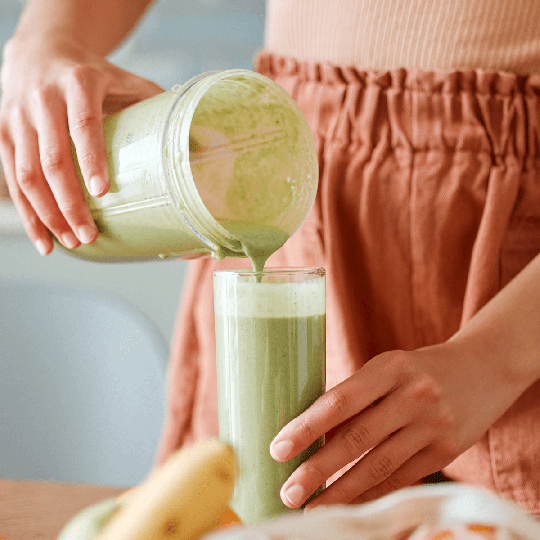

Diabetes Support
The Hallelujah Diet provides exceptional support for individuals managing diabetes, offering a natural and empowering approach to their health journey. Our carefully crafted diet plan emphasizes nutrient-dense, plant-based foods that can positively impact blood sugar levels and insulin sensitivity.
Managing Diabetes With a Plant-based Diet
Managing diabetes can be effectively supported by adopting a primarily raw plant-based diet. This dietary approach not only promotes optimal overall health but also provides remarkable benefits in diabetes management. By embracing a raw, vegan lifestyle, you nourish your body with a wealth of essential nutrients, antioxidants, and phytochemicals that work harmoniously to improve insulin sensitivity, regulate blood sugar levels, and reduce the risk of diabetes-related complications. Embracing a primarily raw plant-based diet empowers you to take control of your health and live a vibrant life while effectively managing diabetes.
Diabetes Support Essentials
At Our Core
Our Values
The Hallelujah Diet has helped bring thousands of people back to the life God intended with a plant-based, clean food eating program based around these core values.

Research
Lead scientific research on the benefits of a plant-based diet

Product & Education
Develop superior products and educational tools

Solutions
Transform lives through simple but life-changing solutions

Support
Foster hope and recovery through exceptional support, guidance and inspiration

Healthy Lives
Nurture family and community through respect and compassion for others

Living The Life God Intended
Over the past 30 years, the Hallelujah Diet has helped bring thousands of people back to the life God intended with its plant-based eating program.
Trusted by Doctors
Webinars and blogs hosted and written by real doctors and other healthcare professionals.

Ten Proven Reasons Why Meat Ruins Your Body
There have recently been many advocates of meat...
Ten Proven Reasons Why Meat Ruins Your Body

There have recently been many advocates of meat-based low-carb diets telling people that saturated fats don’t cause heart disease, that meat is great for your health, and dairy products are excellent food. These people warn you to stay away from grains, especially wheat, legumes and sweet fruits. “Carbohydrates are evil!” they shout. They tell you of the dangers and deficiencies of following a vegan or vegetarian diet. But, is this really true? So, here is an answer, based on published research, looking at it from the other side.
Does Meat Ruin Your Body?
The idea is not to shout down the opposition, but present neglected information so that your entire pool of knowledge for making an informed decision is larger. There are some good points in the low-carb approach (getting away from refined and added sugars, white flour, refined oils and putting more emphasis on vegetables), but a greater perspective is needed. This article provides some of that perspective for you. There are plenty of reasons to avoid meats and minimize the amount of animal products in your diet. Here are some of the reasons. This article isn’t in depth enough for a real thesis, but it gives you, the reader, enough data and references to start digging and hunting around deeper for the truth.
1. Meat is linked to bad heart health.
The references are listed for the reader to peruse the evidence. Over 745,000 people from several countries were studied in these prospective cohort studies, with a combined 11 million people-years of follow-up. That is an absolute mountain of consistent data. (The reason for citing prospective cohort studies rather than short term randomized trials is that for dietary research prospective studies yield better long-term results in real life situations. Metabolic pathways can be explored in short-term trials, but actual real life results come from prospective studies.) Not only is meat linked to bad heart health, but a strict vegetarian diet reverses heart disease. The work of Dean Ornish and Dr. Esselstyn have adequately demonstrated this point. The Seven Countries Study was about animal products, not about saturated fat . Saturated fat and meat protein go together in food, and it was a mistake to attempt to separate them in our dietary guidelines. But that was a political move, not a science-based decision. And western culture has dearly paid for these political shenanigans.
2. Meat changes the gut flora towards putrefaction.
Toxic by-products like trimethylamine N-oxide (TMAO) come from the transformation of phosphatidylcholine in the gut of meat-eaters. Vegans and vegetarians do not produce TMAO, nor do meat-eaters after a strong course of antibiotics. After a while the gut flora is restored and meat-eaters once again produce TMAO . TMAO was associated with higher risk of heart attacks, strokes and death in a prospective cohort study . It is possible that TMAO is a biomarker and not directly a causative agent , but the production of TMAO indicates a certain amount of dysbiosis in meat-eaters.
3. Cold-water fish is the natural source of DHA, after algae.
Because of heavy metal poisoning, many fish are not fit to eat. Contrary to what is written about fish oils, there are very reputable companies that supply fish oil that is not rancid, is carefully preserved with antioxidant mixes, has very low levels of any contamination, including heavy metals. Because of the risk of contamination (was your fish tested before you ate it?) you are much safer going with fish oil for DHA that has passed complete testing for contamination.
4. Regular daily consumption of meat has been shown in prospective cohort studies to increase the risk of diabetes.
Rates of diabetes and all-cause mortality (including non-cancer, non-cardiovascular mortality) are higher in Seventh Day Adventists who eat meat . Replacing carbohydrate for more protein in the prospective EPIC-NL cohort increased the risk of diabetes.
5. “Normal” levels of animal protein intake are associated with increased risk of diabetes, heart disease death and cancer death.
Plant-based diets, but not calorie restricted diets, with minimal intake of animal protein have been shown to actually lower the level of the growth hormone, IGF-1 to safe levels. IGF-1 is a growth promoter that is especially useful during youth and is necessary throughout our lives to maintain our vitality. However, elevated levels encourage the growth of malignant cells. High levels of IGF-1 have been associated with increased risk of cancer in prospective cohort studies. Both high and very low levels of IGF-1 are detrimental to health. In elderly people where frailty is a concern, both very low levels and high levels of IGF-1 are related to increased risk of heart disease mortality. So, low normal levels of IGF-1, around 110-120 ng/ml appear to be safe concentrations to maintain our vigor without giving rise to increased cancerous growths. Regular consumption of meat likely elevates our IGF-1 levels beyond the safe level.
6. Red meat and processed meat are strongly associated with higher risk of colorectal cancer.
The evidence is strong and convincing for processed meat, but only listed as a probable source of colorectal cancer for red meat. The World Cancer Research Fund /American Institute of Cancer Research (an organization independent of government or corporate sponsorship) indicates that red meat should be avoided to reduce cancer risk. Many studies could be cited here, but the WCRF/AICR reports do a very professional job of meta-analysis and keeping up to date, so their reports are the first references to investigate.
7. Humans lack the ability to make a certain sugar, glycolyl-neuraminic acid (Neu5GC), which is applied to the terminal end of some glycoproteins and glycolipids.
Other mammals make Neu5GC and it can be found in human tissues, meaning this molecule can be incorporated into our cells and cell surfaces from what we eat. Why does this matter? Interaction between antigens against this non-self molecule can give rise to inflammation, which was shown to lead to liver cancer in a mouse model . Carcinomas tend to have much higher levels of sialic acid, and Neu5GC in particular, on the cell surfaces. In fact, Neu5GC can be used as a biomarker to distinguish between cases and controls of breast, prostate, ovarian, lung cancer and endometrium cancer, but not colorectal or pancreatic cancer . The Neu5GC attracts an antibody response, which causes inflammation that could lead to tumor progression. High levels of Neu5GC are found in red meat, but not in poultry or fish or dairy products.
8. False sense of security of nutritional intake.
Meat supplies B12, creatine, carnitine, carnosine, but is it absorbed and is it enough? Many elderly people eating meat are low in vitamin B12, about 40% in one study and their best source of B12 was fortified foods, like breakfast cereal. Chronic hypochlorhydria, a lack of stomach acid, plays a huge role in B12 nutritional status. Supplemental B12 actually helps a person optimize this important vitamin beyond what is actually possible through our modern diet. Steak is a good source of carnosine, but the body’s natural enzyme carnosinase chews it up fairly quickly, leaving you with no benefit shortly after your meal. It may take supplemental amounts to really benefit much from carnosine. This is also true of creatine—the health benefits are derived from amounts greater than what is obtained even from a red meat-rich diet.
9. There have been studies of people eating very clean diets who still had excessive rates of cancer due to their high “clean” meat consumption.
The link between meat and cancer goes back further in time and farther in global scope than the use of antibiotics and hormone injections and feedlot beef production in the USA. So far, the mechanisms for provoking disease do not include antibiotics or unnatural growth hormones. No, the problems with meat apply to “clean” meat as well as feedlot meat.
10. Much of the benefits of eating meat have been proven in short-term studies rather than in long-term population based studies.
These studies are great for eliminating confounding factors, but they neglect any long-term effects of the diets. No one should base what they eat for years on end on results from studies that ran for 12 weeks, or 24 weeks or even 2 years. These studies can show some metabolic changes that occur when one factor in a diet is changed, but they don’t help very much with real life outside of the metabolic ward. While short-term studies have many drawbacks, population cohort studies also have their own set of troubles. Looking at how people normally eat is more difficult, including the many factors that must be accounted for. And recording food intake is particularly challenging, with many of the population cohort studies using the faulty food frequency questionnaires (FFQ). These FFQs tend to wash out differences between groups so that true associations are lost in the inaccurate data.
A notable problem with cohort studies is finding a population with a wide variety of dietary intakes. Looking at the diets of women in Iowa is very unhelpful, as the diet is very homogenous. Looking at diets of Seventh Day Adventists, which range from vegans to lots of animal products, gives a much broader range of intakes of nutrients so that associations can be clearly seen. So, when a study comes out proclaiming no association between fat and breast cancer from the Nurses Health Study or the Iowa Women’s Health Study, is it because there really is no association or is the true association lost due to inaccurate FFQs and homogenized diets of the American population?
Is Your Diet Working for You?
Is what you are doing working? You may feel good and energetic, but many important biomarkers can’t be felt. Blood tests can track these biomarkers. The use of biomarkers can be very helpful. Knowing blood levels of vitamin D, omega 3 fats, total carotenoids, glycated hemoglobin (HbA1c), C-reactive protein, IGF-1, and gamma glutamyl transferase (GGT, a liver enzyme), and a few others (maybe cholesterol?) will help you know if your health is on track. Short term personal testing using heart rate variability (HRV) can help you know if diet, physical activity and training, sleep and lifestyle changes you are making are effective and meaningful. Using the sleep, HRV and activity tracking Oura ring can help track sleep patterns, overnight HRV score, activity level, and overall readiness. Are you ready for new challenges or do you need to back off and rest a bit more? Is that new supplement helping you sleep better or recover faster? The Oura ring can help answer such questions.
Consider a Plant Based Diet
The evidence here shows that eating meat is bad for your heart and entire cardiovascular system, can lead to diabetes, raises your risk of cancer by a number of mechanisms, including elevated IGF-1 and the presence of inflammatory Neu5GC, causes dysbiosis and the generation of TMAO, and can give a false sense of security that all of your nutritional needs are being met. Most of the evidence for the benefits of eating meat is from short-term studies, while the vast majority of the population-based evidence indicates that plant-based diets are healthier for people. In one study that examined food patterns (FPs) the authors commented: “Many observational studies have consistently reported that FPs that are rich in phytochemicals and low in meat or other animal products
References

Salad on a Baked Potato
This quick and easy fast-food supper idea is p...
Salad on a Baked Potato

This quick and easy fast-food supper idea is perfect for when you're short on time but still want a healthy, satisfying meal. Bake your potato while you prepare the raw toppings. Once the potato is done, simply split it open, load on the toppings, and season.
Ingredients:
1-2 baking potatoes
Your choice of 5-7 raw toppings, such as*:
Tomatoes
Onions
Avocado
Broccoli
Squash
Cauliflower
Raisins
Extra Virgin Olive Oil
Sea Salt
Herbs of choice
Salad dressing of choice
*Or any other ingredients of your choice for the salad toppings
Directions:
- Preheat the oven to 425°F and line a baking sheet with parchment paper.
- Use a fork to poke a few holes into the potatoes. Place on the baking sheet, rub with olive oil, and sprinkle liberally with sea salt all over. Bake 45 to 60 minutes, or until the potato is fork-tender and the skin is crisp.
- While the potato is baking, prepare the raw ingredients of your choice (wash and chop).
- When the potato is done, remove it from the oven.
- Split open the potato, load on the toppings, season with more Extra Virgin Olive Oil, herbs of choice, sea salt, and/or a healthy salad dressing.

Cooked Food... But Not From The Stove
Need a little something to go with that fabulou...
Cooked Food... But Not From The Stove

Following the Hallelujah Diet makes mealtime simple, especially when it comes to preparing raw food recipes. But there may be nights that you find yourself craving a satisfying cooked option, which can seem more challenging with raw food. While it may be difficult, it’s definitely not impossible! In this blog post, we’re going to be sharing our favorite recipes for food that isn’t cooked on the stove but still packs plenty of the nourishing flavors and living nutrition you’re looking for. From grilled portabellas to roasted sunchokes and black bean burgers, you’re sure to find a recipe you’ll love enough to add to your weekly meal schedule. Let’s get started!
Today I want to share that during the hot summer months I often do not enjoy eating any cooked or hot food. And who would enjoy standing over a hot stove when it's already hot outside? Instead, I find myself enjoying cooked food options that aren't hot from the stove, but are still tasty and fulfilling.
How Can I Cook Without a Stove?
Now, you might be thinking – how can you enjoy cooked food without using a stove? The answer is actually pretty simple! Alternative appliances such as air fryers make great substitutions for stovetops, especially in the summertime when you’re battling the heat. Roasted veggies can taste so good with crispy edges and just a bit of crunch. Another way to achieve this texture is by using an air fryer. We love cooking with air fryers because we find they’re easier to use and clean, and they’re much healthier overall compared to a traditional deep fryer that uses oil.
Healthy Options to Try Without Using the Stovetop
Sometimes your favorite salad just isn’t cutting it, and you need something more substantial to go along with it. You can enjoy the savory taste of warm, cooked food, without having to use your stove. Use an air fryer as an alternative to spending time cooking over a hot stove with some of these delicious options.
Raw Food Recipes That Don’t Require A Stove
When you’re craving something savory, try out one of these recipes. Each dish aligns with the Hallelujah Diet plan, through which we recommend an intake of about 85% raw foods and 15% cooked foods.
For a complete list of ingredients and detailed instructions, click on the name of the recipe. Here are a few of my favorite raw food recipes to try:
Grilled Portabella with Pineapple-Mango Chutney Recipe - This dish is so savory and tasty, it’s sure to be a crowd-pleaser. Plus, it looks and tastes just like grilled meat! To make this satisfying meal, all you need are portabella mushroom caps, a mango, pineapple, onion, an avocado, cilantro, lime juice, and cumin. Simply grill the mushrooms for several minutes on each side until they’re tender and juicy. Then, combine the ingredients for the chutney and layer several spoonfuls over the portabellas. It’s truly the perfect summertime dish!
Roasted Sunchokes (Jerusalem Artichokes) - Try these in your air fryer! A unique and often forgotten member of the root family is the sunchoke – the tuberous roots of the sunflower plant. Sunchokes can be eaten raw, but in this case, we’ll be roasting them in the oven (or air fryer). To make this dish, all you’ll need are 2-3 large sunchokes, olive oil, salt, fresh rosemary, and 3-4 cloves of garlic. After scrubbing and slicing the sunchokes, add them to a roasting pan or baking sheet with the garlic and toss them in olive oil. Then season the mixture with salt and rosemary. After baking, the roasted sunchokes should be tender, like a potato.
Bean Burgers or Sunflower Burgers
Looking for something that’ll satisfy your burger craving? These grilled bean burgers are one of our favorite healthy alternatives to a classic comfort meal. For this recipe, you’ll need two 15 oz. cans of kidney or black beans, ½ an onion, 1 clove of garlic, lemon juice, pecans or walnuts, rolled oats, and a variety of seasonings (see recipe for the full list of ingredients). After chopping and pulsing the ingredients as instructed, add them to the beans and pat the mixture into burger patties. You can forgo the stove/oven by tossing the burgers on the grill instead, flipping them once halfway through. The grilled sunflower burgers are another great alternative to try out!
We try to consume as much of the living ingredients in our foods as possible to keep our digestive enzymes and gut health on track! Finding options for warm, satisfying meals and main dishes can be difficult, but that's why we're here to help you get started. Let us know which recipes you try and what you love.
Since the Hallelujah Diet requires consuming as much of the living ingredients in our foods as possible, it works wonders when it comes to keeping our digestive enzymes and gut health on track. We’re constantly working to find new recipes for you all to try, but we could always use more help. If you have a plant-based, raw food recipe that fits a vegan diet (free from animal products), we’d love to hear from you!
I am very thankful for the Diabetes Rescue Plan.
- Sara M. (verified buyer)
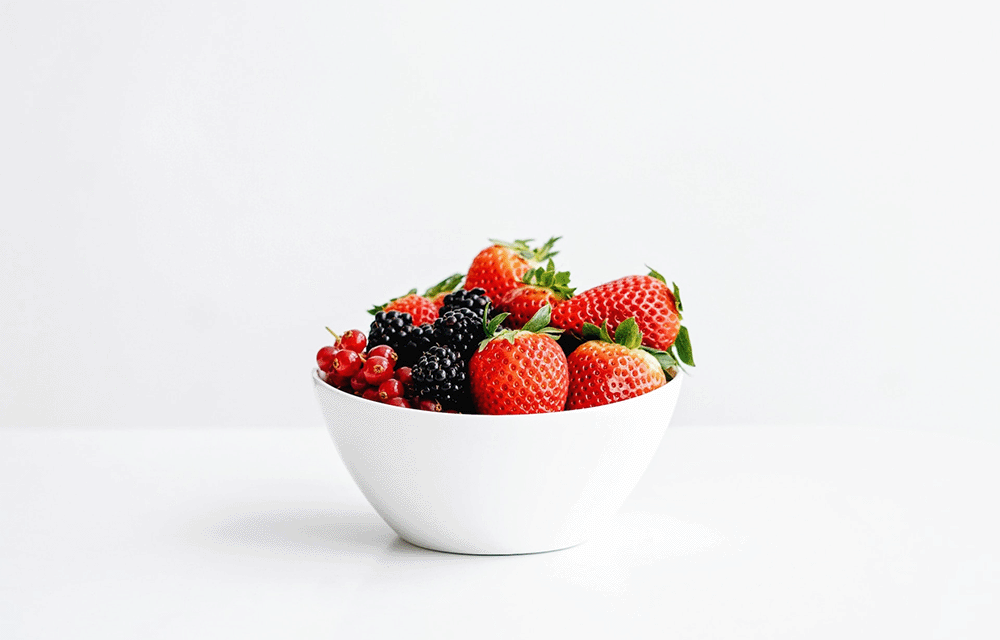
WELLNESS & NUTRITION
Over 30 Years of Experience in Health Improvement
Our vast array of resources, including informative books on healthier living and convenient meal plans, cater to all your dietary needs. By incorporating better foods and nutrient-rich supplements into your lifestyle, you'll witness astonishing positive transformations within your body.



